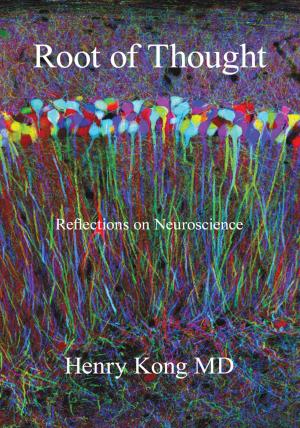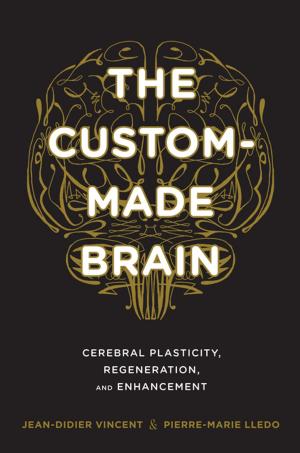The Ethical Brain
Nonfiction, Health & Well Being, Medical, Specialties, Internal Medicine, Neuroscience| Author: | Michael S. Gazzaniga | ISBN: | 9781932594218 |
| Publisher: | Dana Press | Publication: | April 29, 2005 |
| Imprint: | Dana Press | Language: | English |
| Author: | Michael S. Gazzaniga |
| ISBN: | 9781932594218 |
| Publisher: | Dana Press |
| Publication: | April 29, 2005 |
| Imprint: | Dana Press |
| Language: | English |
Will increased scientific understanding of our brains overturn our beliefs about moral and ethical behavior? How will increasingly powerful brain imaging technologies affect the ideas of privacy and of self-incrimination? Such thought-provoking questions are rapidly emerging as new discoveries in neuroscience have raised difficult legal and ethical dilemmas. Michael Gazzaniga, widely considered to be the father of cognitive neuroscience, investigates with an expert eye some of these controversial and complex issues in The Ethical Brain.
He first examines "lifespan neuroethics" and considers how brain development defines human life, from when an embryo develops a brain and could be considered "one of us" to the issues raised as the brain ages, such as whether we should have complete freedom to extend our lives and enhance our brains through the use of genetics, pharmaceuticals, and training.
Gazzaniga also considers the challenges posed to the justice system by new discoveries in neuroscience. Recent findings suggest that our brain has already made a decision before we become fully aware of doing so, raising the question of whether the concept of personal responsibility can remain a fundamental tenet of the law. Gazzaniga argues that as neuroscience learns more about the unreliability of human memory, the very foundation of trial law will be challenged.
Gazzaniga then discusses a radical re-evaluation of the nature of moral belief, as he not only looks at possibly manipulating the part of the brain that creates beliefs but also explores how scientific research is building a brain-based account of moral reasoning.
The Ethical Brain is a groundbreaking volume that presents neuroscience's loaded findings—and their ethical implications—in an engaging and readable manner, offering an incisive and thoughtful analysis of the medical ethics challenges confronting modern society at the dawn of the twenty-first century.
Will increased scientific understanding of our brains overturn our beliefs about moral and ethical behavior? How will increasingly powerful brain imaging technologies affect the ideas of privacy and of self-incrimination? Such thought-provoking questions are rapidly emerging as new discoveries in neuroscience have raised difficult legal and ethical dilemmas. Michael Gazzaniga, widely considered to be the father of cognitive neuroscience, investigates with an expert eye some of these controversial and complex issues in The Ethical Brain.
He first examines "lifespan neuroethics" and considers how brain development defines human life, from when an embryo develops a brain and could be considered "one of us" to the issues raised as the brain ages, such as whether we should have complete freedom to extend our lives and enhance our brains through the use of genetics, pharmaceuticals, and training.
Gazzaniga also considers the challenges posed to the justice system by new discoveries in neuroscience. Recent findings suggest that our brain has already made a decision before we become fully aware of doing so, raising the question of whether the concept of personal responsibility can remain a fundamental tenet of the law. Gazzaniga argues that as neuroscience learns more about the unreliability of human memory, the very foundation of trial law will be challenged.
Gazzaniga then discusses a radical re-evaluation of the nature of moral belief, as he not only looks at possibly manipulating the part of the brain that creates beliefs but also explores how scientific research is building a brain-based account of moral reasoning.
The Ethical Brain is a groundbreaking volume that presents neuroscience's loaded findings—and their ethical implications—in an engaging and readable manner, offering an incisive and thoughtful analysis of the medical ethics challenges confronting modern society at the dawn of the twenty-first century.















